Alright – so today we’ve got the honor of introducing you to Salomé Savage. We think you’ll enjoy our conversation, we’ve shared it below.
Hi Salomé, thanks for joining us today. What do you think Corporate America gets wrong in your industry? Any stories or anecdotes that illustrate why this matters?
One thing Corporate America often gets wrong in my industry is how it takes the humanity out of support roles like executive assistants and managers.
I’ve worked as an EA for years, and over time, I started to feel like I was being treated more like a system than a person. Everything became about output, metrics, and how fast things could get done. The parts of me that made me great at the job—my intuition, emotional awareness, and creativity—felt ignored or undervalued.
As someone who is neurodivergent, I’m especially sensitive to those shifts. I pick up on the tone, the energy, the unspoken needs. But when the focus is only on tasks and performance, there’s no space to bring those strengths forward. It’s draining. I had to consciously step back and ask myself what kind of work environment actually allows me to thrive.
Now that I lead my own agency, I build it differently. I believe support work is not just logistical, it’s relational. When people are allowed to lead with heart and creativity, the work becomes more impactful, more connected, and more sustainable for everyone involved. That’s how we get back to real community in business.
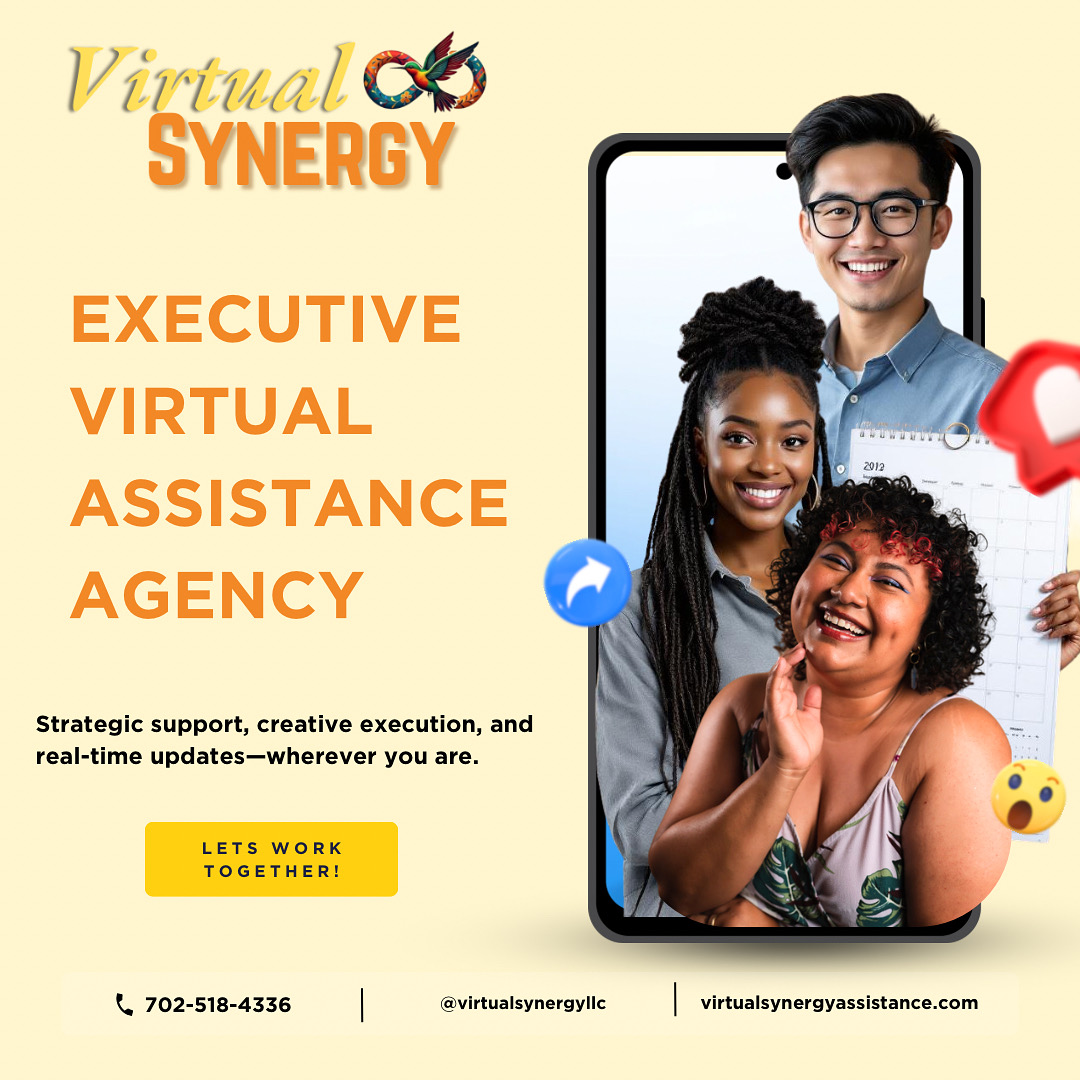
Great, appreciate you sharing that with us. Before we ask you to share more of your insights, can you take a moment to introduce yourself and how you got to where you are today to our readers.
I got into this industry because of my dad. He always found himself in administrative roles, whether it was fast food or property management. Growing up around that kind of behind-the-scenes support work made it feel natural to me. I also credit my culture for shaping the way I show up—community, care, and service are big parts of who we are, and I’ve carried those values with me into every role I’ve had.
I started young, working in my parents’ cleaning business as a teen, then moved into a credit restoration startup. I later did temp work across different industries—from radio stations to leasing offices to gas companies—and eventually spent years working at the corporate office of one of the leading home building companies in the country. Those experiences gave me a broad understanding of how businesses operate and how much invisible work is required to keep everything moving.
Even though the work I do isn’t unique, how I do it is. I feel things deeply, and that includes the people and projects I support. That emotional awareness and sense of togetherness has always been my superpower. In a world where empathy is often missing, especially in business, I’ve built an agency that brings heart back into support work.
At Virtual Synergy, we help small business owners, coaches, and service providers get affordable, strategic support—but more than that, we offer real partnership. We care about your business, your mission, and your capacity to grow. That’s what I’m most proud of. I’ve created something that not only helps people get things done, but helps them feel seen, supported, and understood along the way.
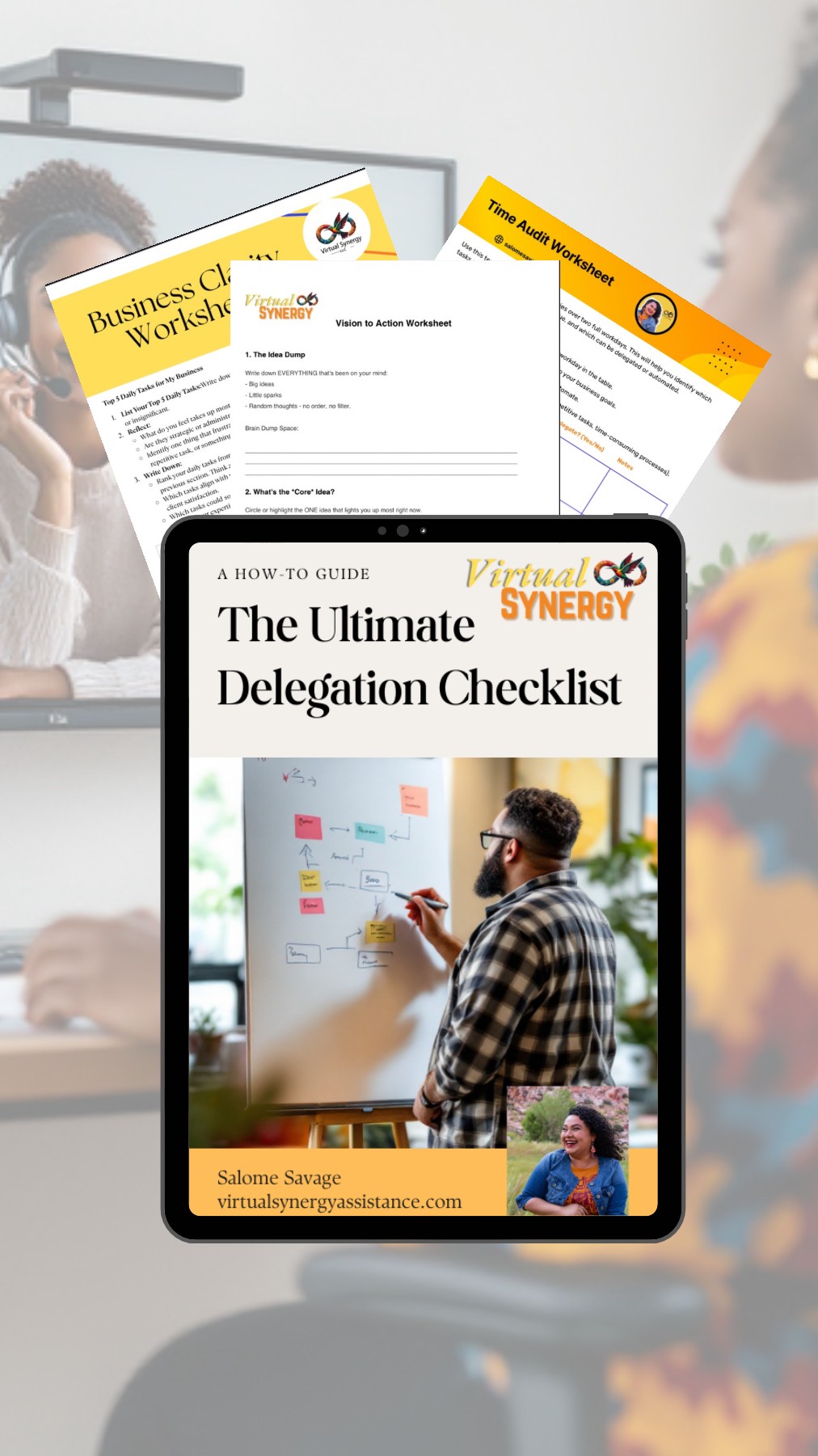
Have you ever had to pivot?
Right now is one of the biggest pivot moments I’ve had in both life and business. For years, I worked as an executive assistant. I was the one supporting others—handling tasks, managing the back end, staying behind the scenes. But now I’m running the business, managing teams, working with clients, and leading an agency. That shift came with a lot of growth, and a lot of unexpected lessons.
One of the biggest things I’ve realized is that moving from assistant to CEO means learning how to lead in a completely different way. When I was an assistant, I was focused on the “how” of things. Now, I have to explain the “why”—why a system matters, why a task is connected to a bigger goal, why we approach things the way we do. That part wasn’t something I was trained to do, and I’ve had to learn it in real time.
Another big pivot has been around who I hire and how I build my team. I used to assume that other assistants or OBMs would think the same way I do. But I quickly learned that’s not always the case. Just because someone is talented doesn’t mean they’re aligned with the mission or the values I’ve built my company on. So I’ve had to shift my hiring approach. I now look beyond skills and ask myself if this person understands what we stand for—empathy, care, clear communication, and truly supporting the client’s vision.
This pivot has made me a better leader. It’s forced me to slow down, get clear on my standards, and be intentional about how I grow. And even though it’s been challenging, it’s also helped me build a business that feels more aligned with who I am
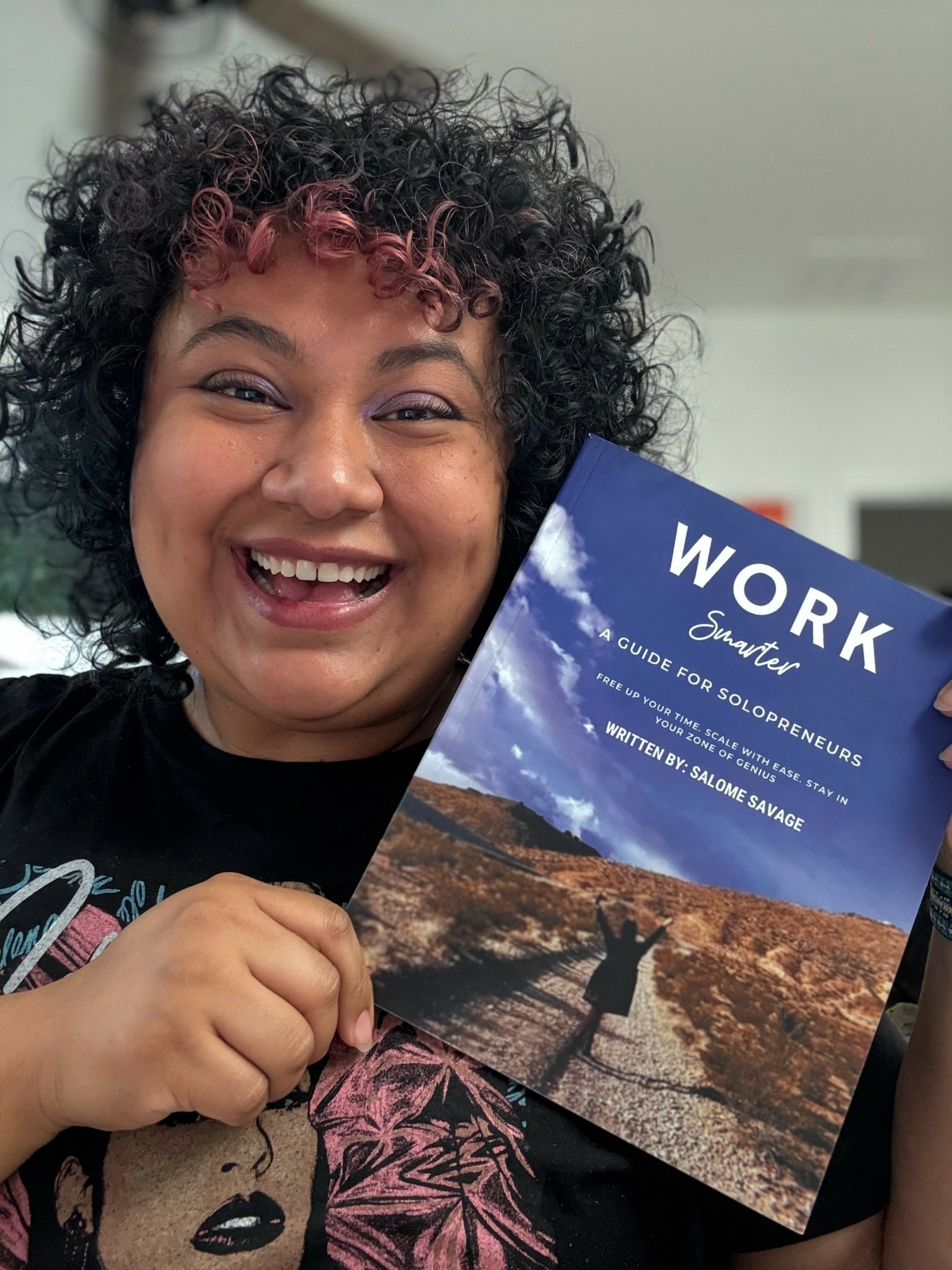
Any thoughts, advice, or strategies you can share for fostering brand loyalty?
I communicate with clients by meeting them exactly where they are. A lot of business owners come to me at a point of burnout. They’re overwhelmed, stretched too thin, and sometimes a little guarded—because they’ve either done it all themselves for so long or had a bad experience trying to delegate. I don’t take that personally. I make it a point to check in with them often, especially in the early stages when we’re setting them up with their VA or OBM. I’ll send a quick email, text, or voice note depending on how they naturally prefer to connect. The goal isn’t to overwhelm them with another system—they already have enough on their plate.
Instead, I let them know we’re here to support them at their pace. I never force change they’re not ready for. My job is to help them build capacity again, not add more pressure. We do that by setting up systems that actually make sense for how their brain works. For example, I’ve found Trello to be an incredible tool for high-functioning, anxious entrepreneurs or neurodivergent clients. Some people may look at micromanagement as a negative, but I see it as a response to stress and a need for security. Trello gives them a visual way to track progress and communicate, which helps relieve that tension.
On the other hand, some clients are more formal and prefer things to be fully structured, like detailed emails or set Zoom calls. We honor that, too. What builds brand loyalty isn’t just how well we do the work—it’s that we build trust by not asking people to change who they are in order to be supported.
That’s the kind of leadership I try to embody with Virtual Synergy. It’s not one-size-fits-all. It’s relationship-based, client-led, and rooted in genuine care. When people feel seen and supported as they are, they stick around. That’s what matters to me
Contact Info:
- Website: https://virtualsynergyassistance.com
- Instagram: @virtualsynergyllc
- Linkedin: https://www.linkedin.com/in/salome-savage?utm_source=share&utm_campaign=share_via&utm_content=profile&utm_medium=ios_app
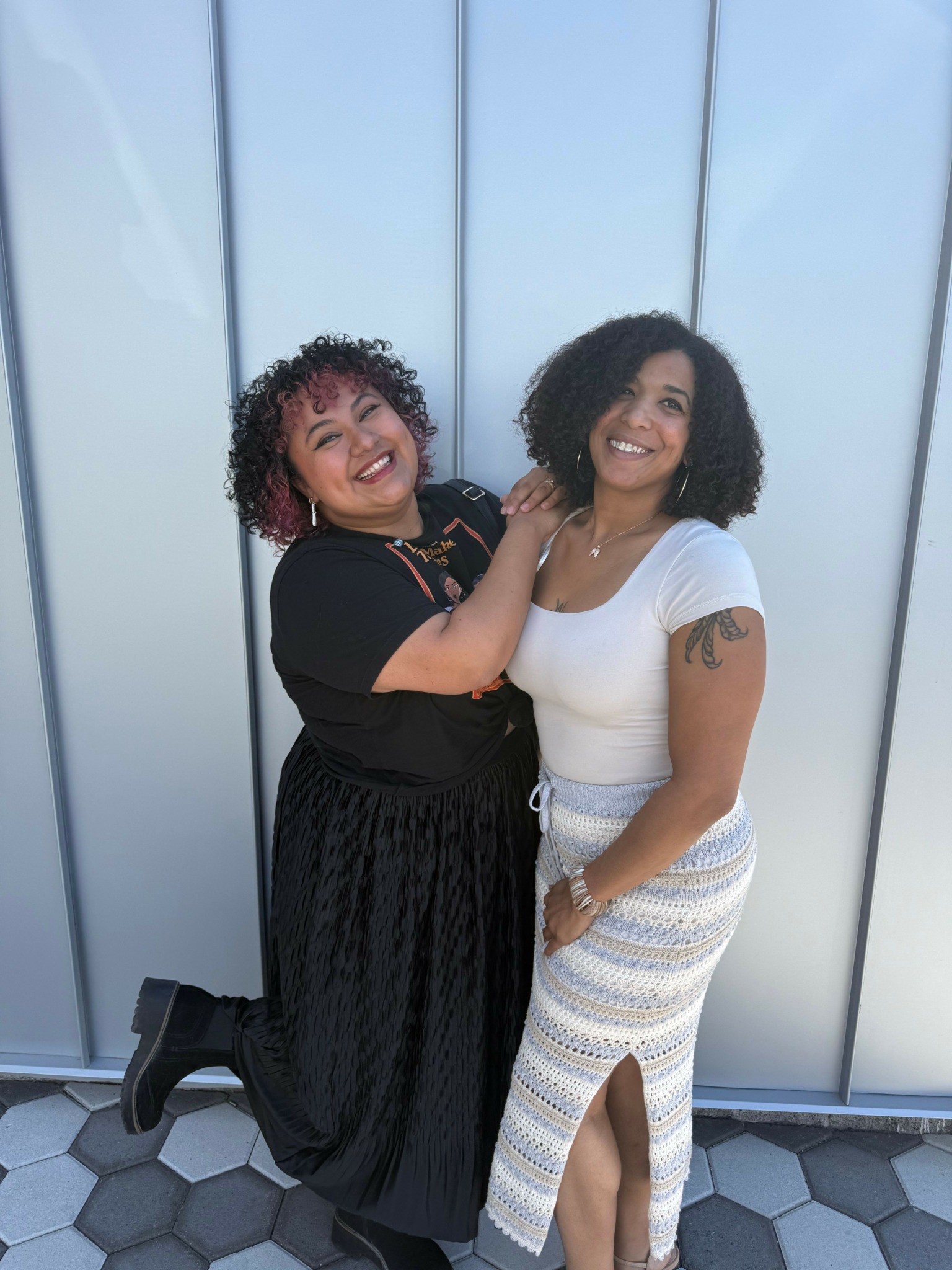
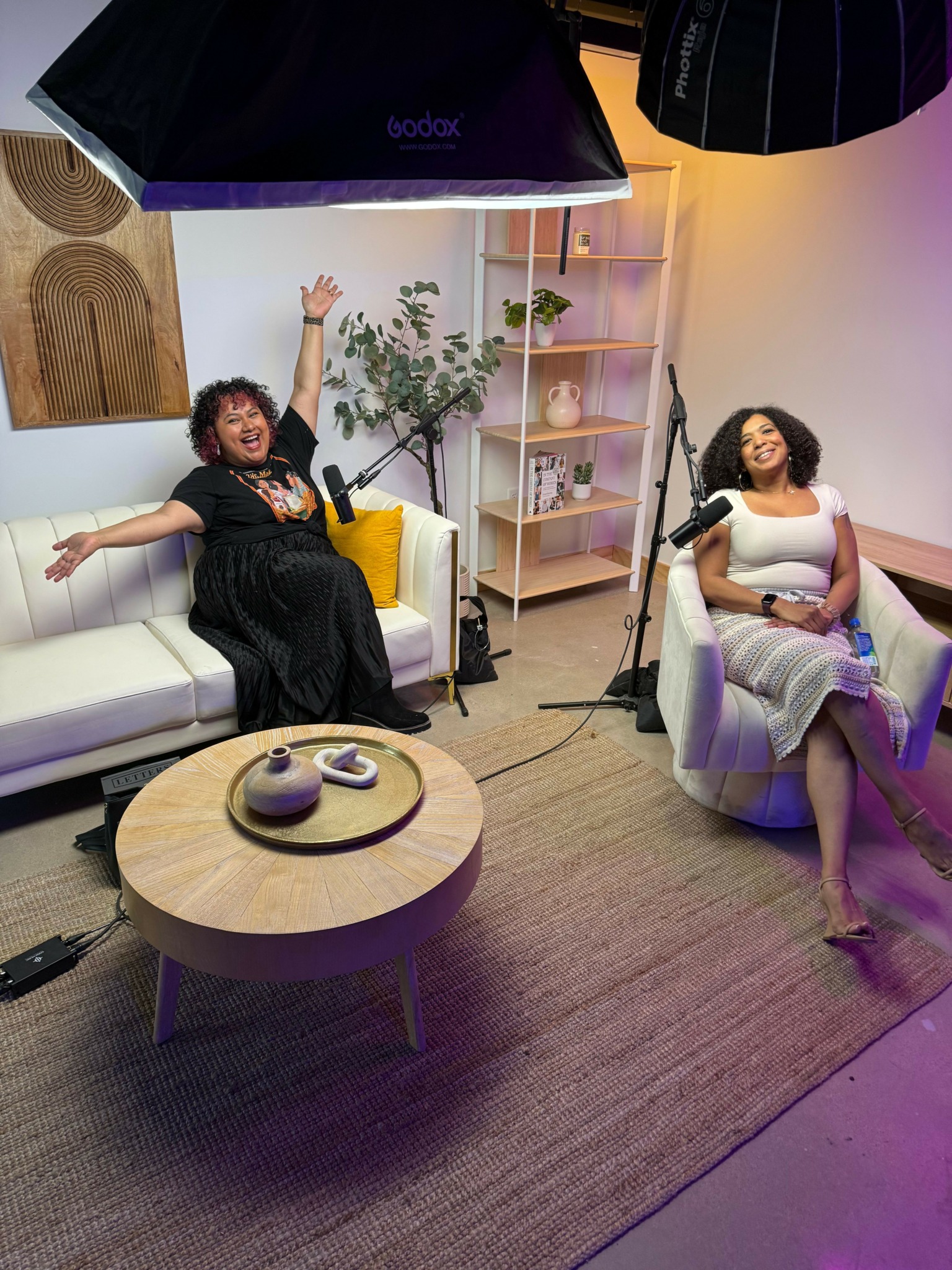
Image Credits
Gabrielle Funches


